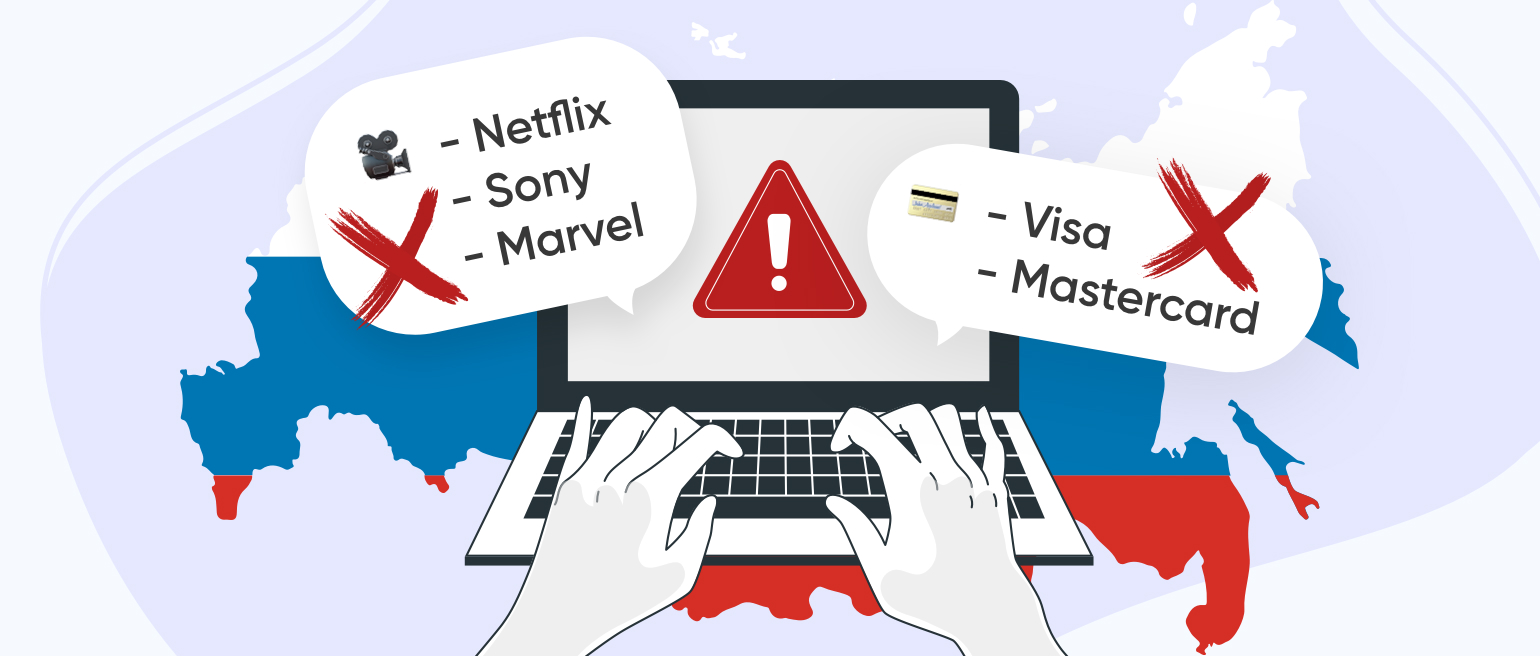The Russian Federation launched a full-scale invasion of independent Ukraine on February 24, 2022. In many major cities, people were woken up not by alarm clocks, but by the sound of air raid sirens. This shocked the whole world, because the local conflict in the east of Ukraine turned into a full-scale offensive from all fronts towards Kyiv. This article will not contain a complete chronology of events, since most likely you have already heard about this conflict, because the whole world is now watching with sorrow as a full-scale war began in Europe in the 21st century. For many, this was not only a shock, but also a call for response, including in cyberspace.
Anonymous declared war on the aggressor

Anonymous, an international network of hackers, did not stand aside. “We will never forgive lies, and we will never forget the lives that were lost during your regime,” the hackers said and called on the whole world to “shut Putin’s mouth with his own dirty money.” After the official announcement in their social networks, real actions and DDoS attacks followed. It is unlikely that the government of the Russian Federation was ready for such a development of events, because as it turned out that their entire infrastructure in cyberspace is very vulnerable to such massive DDoS attacks. Large security holes have also been found. The phones of the top authorities, their relatives and media personalities began to leak into the network. After some time, the website of Sberbank (the largest bank in the Russian Federation) also “lay down”, moreover, personal data of users began to leak into the network.
Armchair warriors strike!
Ordinary users from all over the world have joined the cyberattacks. People among themselves distribute instructions and bots that help slow down or completely block the work of the media and government resources of the aggressor. In the 21st century, war is waged not only on land, in the air and at sea, but also in cyberspace. Interestingly, simple DDoS attacks often do not require any special knowledge, so any interested and caring person can connect to them. Since the numbers of media personalities who advocated aggressive actions and the occupation of an independent country were leaked to the network, armchair warriors did not stand aside and began to carry out massive spam attacks. Would you like to have a personal number of some celebrity in the phone book? So, everyone has this opportunity. Many condemn cancel culture, but in this case, it is just what we need. Thanks to the close-knit work of ordinary people and the Anonymous group, the work of almost all banking systems, propaganda media, and even television and radio broadcasting was blocked. The world has never seen such massive cyberattacks.
The contribution of the information war
People in Russia are very misinformed, so it is very important to carry out counter-propaganda. The opposition press is banned, and the real problems of the population are hushed up, so coverage of the real situation plays a very important role. Now cyberattacks are carried out not only on information resources. Anonymous intercepted and hacked closed military frequencies and leaked Russian military communications into the network, and ordinary caring users stop and counter disinformation.The main source for obtaining operational information for users of Ukraine are instant messengers and television. In addition to information alert channels, the Ministry of Defense has created bots, in messengers, to which you can send information about the movement and deployment of enemy forces.Unfortunately, moderation in a messenger like Telegram is not perfect, and the Russian secret services use them to hire saboteurs. They suggest sticking beacons and drawing tags (presumably for Russian aviation), but most likely this is necessary to sow panic among the population and cause them fear and a sense of insecurity. It is safe to say that the information war is another front, it is another battlefield. Caring IT specialists and ordinary users are diligently counteracting all aggressive actions on the part of the aggressor, there is still a little left and they will completely seize the initiative in the information field.
Consequences of isolation

Large companies such as Meta are already moderating the content of Russian propaganda media and tagging such pages. Netflix is leaving the Russian market, SONY and Marvel films will not be shown in cinemas. Visa and Mastercard also don’t work in banks that have been sanctioned. The Iron Curtain is descending, ordinary people are starting to panic, because this has already happened under the USSR. The Russian Federation is becoming unsuitable for investment and is turning into a pariah country. In the modern world, many things depend on the IT sector, which is also subject to sanctions.
There are no winners in war, and war never changes. But there is hope that the information front can change the mood of Russians and open their eyes to the truth. Glory to Ukraine!